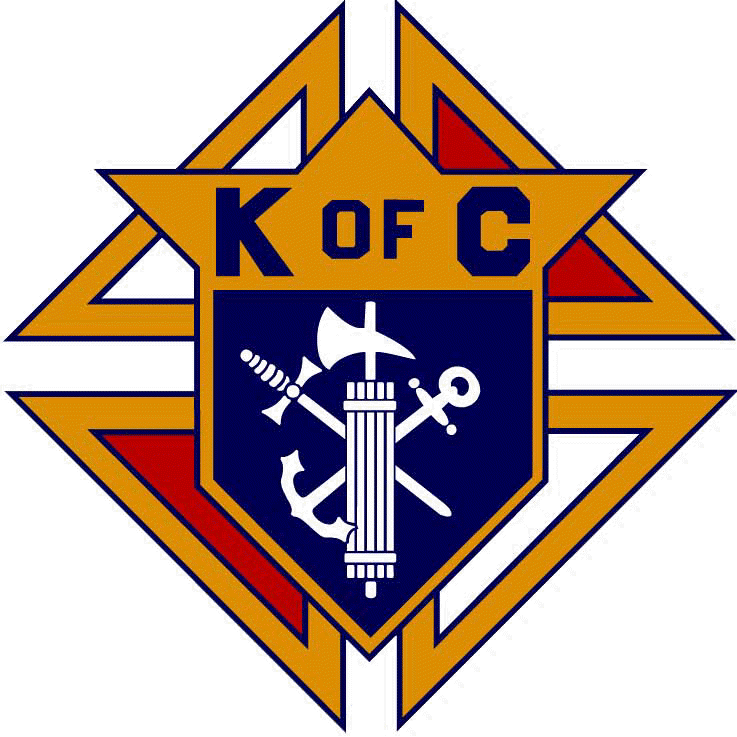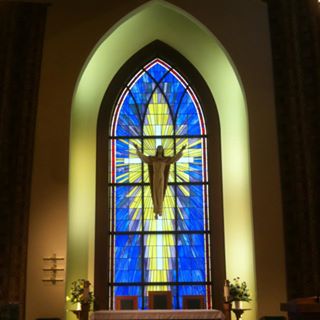



St. Oliver Plunkett
Oliver Plunkett was born on the 1st of November 1625 (earlier biographers gave his date of birth as 1 November 1629, but 1625 has been the consensus since the 1930s) Loughcrew, County Meath, Ireland landed families, such as the recently ennobled Lords Dunsany.[3] Until his sixteenth year, the boy's education was entrusted to his cousin Patrick Plunkett, Abbot of St Mary's, Dublin, and brother of Luke Plunkett, the first Earl of Fingall of Ardagh of Meath. As an aspirant to the priesthood, he set out for Rome in 1647, under the care of Father Pierfrancesco Scarampi, of the Roman Oratory. At this time, the Irish Confederate Wars were raging in Ireland; these were essentially conflicts between native Irish Roman Catholics, English, and Irish Anglicans and Protestants. Scarampi was the Papal envoy to the Roman Catholic movement known as the Confederation of Ireland. Many of Plunkett's relatives were involved in this organization.He was admitted to the Irish College in Rome and he proved to be an able pupil.
He was ordained a priest in 1654, and deputed by the Irish bishops to act as their representative in Rome. Meanwhile, the Cromwellian conquest of Ireland (1649–53) had defeated the Roman Catholic cause in Ireland and, in the aftermath, the public practice of Roman Catholicism was banned and Roman Catholic clergy were executed. As a result, it was impossible for Plunkett to return to Ireland for many years. He petitioned to remain in Rome and, in 1657, became a professor of theology. and the first years of Charles II's reign, he successfully pleaded the cause of the Irish Roman Church, and also served as theological professor at the College of Propaganda Fide. At the Congregation of Propaganda Fide on 9 July 1669, he was appointed Archbishop of Armagh government in Dublin, especially under the Lord Lieutenant of Ireland, the Duke of Ormonde (the Protestant son of Catholic parents) extended a generous measure of toleration to the Catholic hierarchy until the mid-1670s.